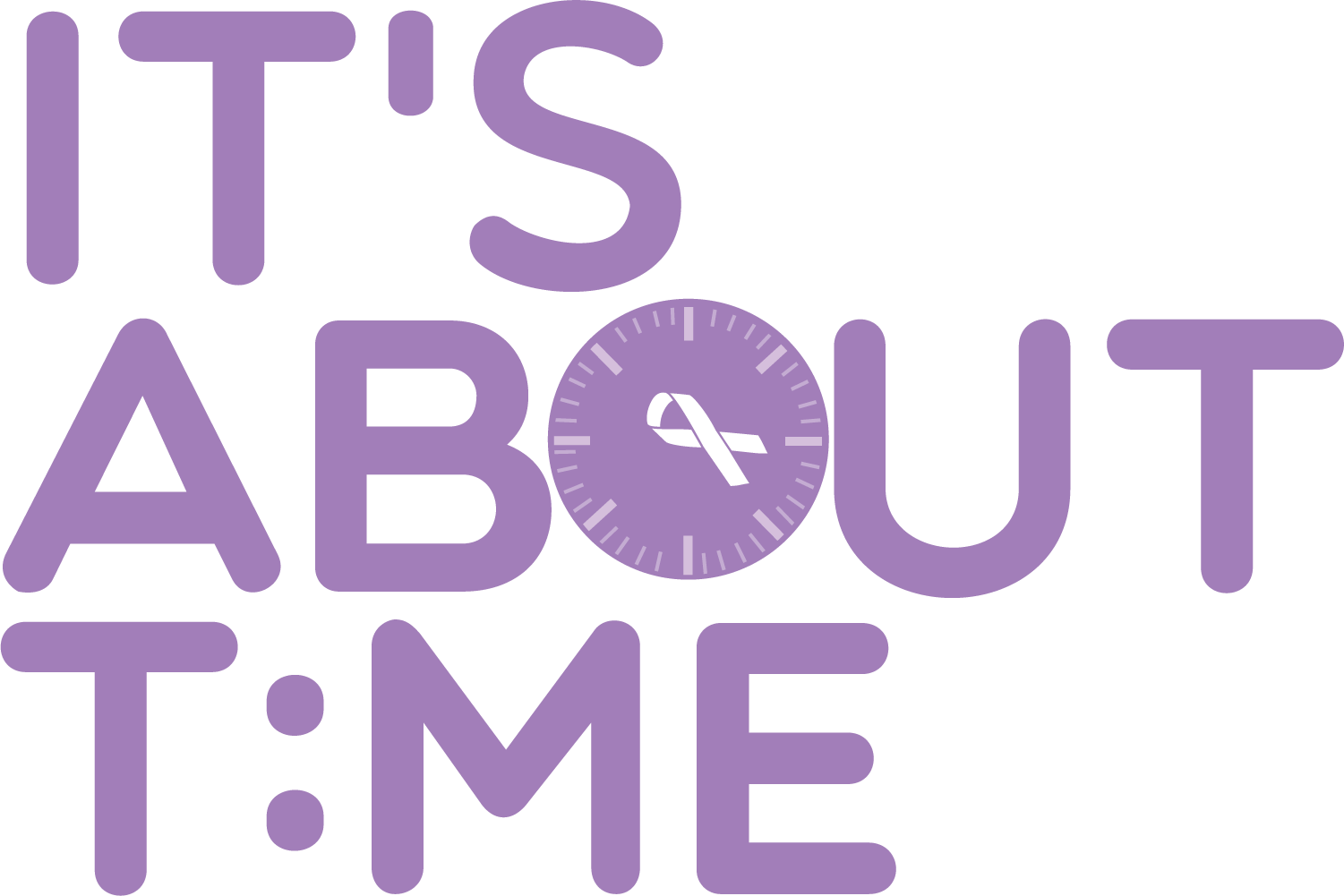Sheila
“I believe ALL breast cancer patients deserve to see milestones. Only research will make that possible.”
After a diagnosis of early stage II breast cancer, I focused on getting through harsh and aggressive treatments and simply lived life. I honestly never looked back. Why would I? Early stage breast cancer isn't life-threatening; it's curable, and I understood that. Also, I had "the good kind" and was deemed "cancer-free." I could have never imagined that I was living with a false sense of security, but I was.
Eight years later, after being misdiagnosed and treated for hip bursitis, I was absolutely unprepared to be eventually diagnosed with metastatic breast cancer. What is that? A hip replacement, radiation and ongoing treatment of scan, treat, a repeat would follow that diagnosis. What is known now is what I wish I'd known then.
After early-stage treatment, I wasn't given the information regarding possible signs or symptoms to be aware of regarding distant reoccurrence nor statistically what the odds were of becoming metastatic. Not being informed prevented me from being my best advocate. I hear my same story, from others, over and over again.
If I'd known constant bone pain could be a reason to press a different conversation with my doctor, I would have done so and perhaps MBC would have been diagnosed before a hip replacement was necessary.
My symptoms matched what I was being treated for, the x-ray looked fine, early-stage breast cancer was in my chart history, and I was seeing an Orthopedic Specialist. Was I even supposed to mention that I had early stage breast cancer?
I know now that breast cancer is sneaky, and I believe the conversation from oncologists must change. Information about distant recurrence and its statistics is valuable to the patient and empowers one to be their best advocate.
I know we are each our own statistic, but that doesn't change the need to be aware of what they are. Metastatic breast cancer (also called stage IV) is breast cancer that has spread to another part of the body, most commonly the liver, brain, bones or lungs.
One in eight will be diagnosed with breast cancer. Of those diagnosed, one in three will progress to a metastatic diagnosis, even many years later. Six to ten percent will be diagnosed “de novo,” meaning the diagnosis is metastatic with no early-stage diagnosis; stage IV right from the start.
To do what may help those who come behind me gives me purpose. Does that statement speak to you? If you've been touched by breast cancer, even through someone you know, consider becoming involved with advocacy. Advocating for breast cancer patients’ needs and research through legislative and direct action is important. For me, it's living for a greater purpose beyond myself. I wish I'd understood the impact of advocacy during those years prior to becoming metastatic.
I believe ALL breast cancer patients deserve to see milestones. Only research will make that possible. I want to share the truth in love because the simple fact is that having had an early-stage breast cancer diagnosis does make one a candidate for later becoming metastatic. I had no idea, did you?
- Oregon
- North Carolina
- Indiana
- Tennessee
- Alabama
- Arkansas
- Washington
- Utah
- West Virginia
- Colorado
- Massachusetts
- Missouri
- Arizona
- Wisconsin
- Nevada
- New York
- Kentucky
- Hawaii
- Minnesota
- California
- Florida
- Pennsylvania
- Michigan
- Canada
- Texas
- Illinois
- Connecticut
- New Hampshire
- Ohio
- Georgia
- Maryland
- Ontario
- Virginia
- Idaho














